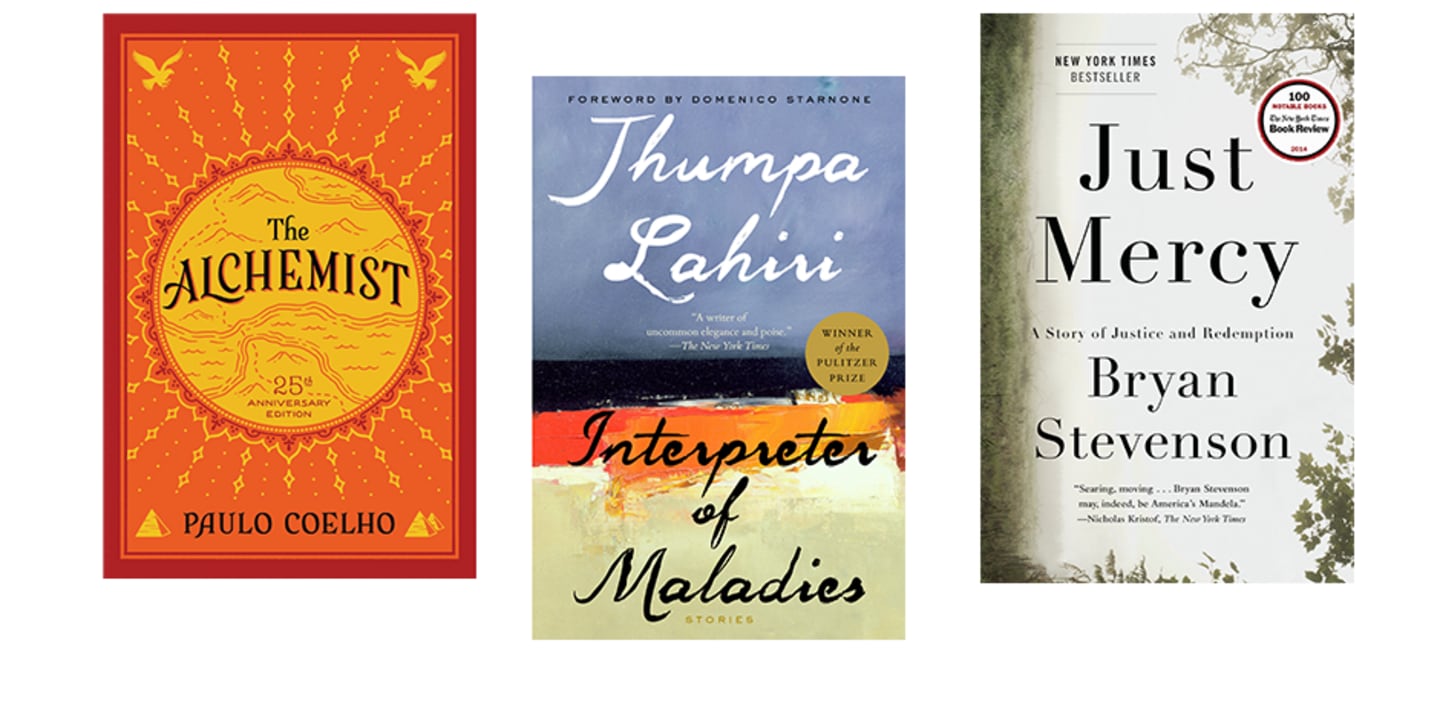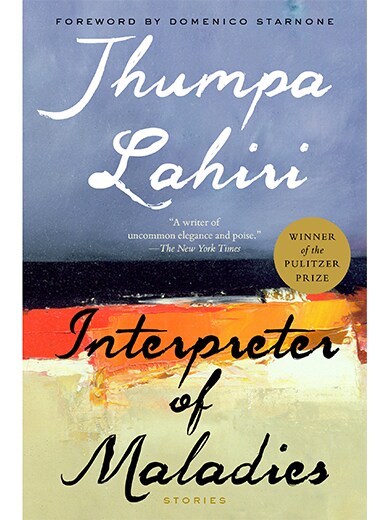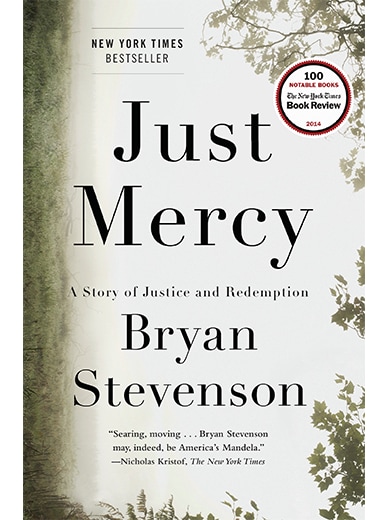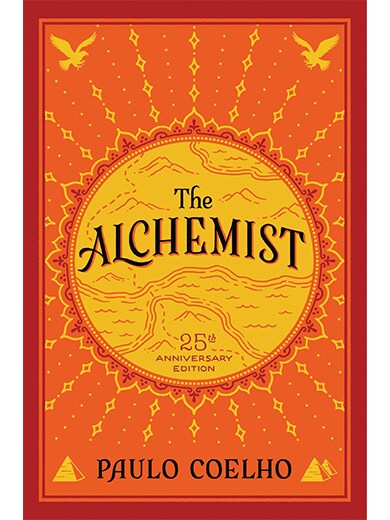
Six Books to Get Your Students Through a Pandemic
It’s the reading list you never thought you would need.
Six English teachers, three states, one goal: Keep kids engaged. That was harder than usual this past semester, with lessons taking place via video calls and email exchanges. Teachers crafted reading lists and described how these books helped their students process—or escape—the unprecedented times they are living through. Bibliophiles, enjoy.
Ces'Ari Racine Garcia-Delmuro, Ed.D. (Phoenix ’10)
Diamond Bar High School in Diamond Bar, California
The Pigman by Paul Zindel
Teachers so often stick to the literature canon that we rarely get to spend time on books that are just good stories. The Pigman is a quick read that takes you on a roller coaster of emotions navigating peer pressure, loss, and family. Middle and high schoolers trying to figure out their place during this pandemic and how their lives are connected to elderly people in their community will find this particularly interesting. The takeaway, I hope: We always have control over one thing: choosing kindness.

Eileen [Fenn] Bouffard (Greater Delta ’02)
The Taft School in Watertown, Connecticut
Interpreter of Maladies by Jhumpa Lahiri
In this collection of short stories, set in both the United States and India, many characters are longing for something—intimacy, home, family—and there is a profound sense of disconnection and loneliness. Latching onto these themes, my students talked about their own nostalgia for a time when we were all in the same classroom instead of scattered around the world. It makes us wish we could all hold onto the time we had together for that much longer.

Daniela Espino (Bay Area ’17)
Leadership Public Schools in Oakland, California
Just Mercy: A Story of Justice and Redemption by Bryan Stevenson
It earned the most passionate student discussions this year. We talk so much about theoretical examples of injustice, but with Just Mercy, students engaged with the reality of the diverse issues in the criminal justice system. The mental health issues and the image of someone their own age facing the death penalty captured their attention. Kids need to read something that impacts them personally or it won’t draw them in. This affects them if not personally, as a greater community issue. I wanted to put something in front of them that they couldn't not care about. They had to care.
Serina Jamison (Milwaukee ’14)
Milwaukee Excellence Charter School in Milwaukee
Counting Descent by Clint Smith (D.C. Region ’11)
Smith’s poems try to make sense of our complicated world by exploring the roots of fear, power, family, and hope. During these unprecedented times, it’s even more important that our young people use their voices to express what they’re experiencing, and what they hope the future will bring. It’s my hope this collection inspires courageous expression through language.

Adrian Casillas (Detroit ’13)
Cajon High School in San Bernardino, California
The Alchemist by Paulo Coelho
Each year when I read the story of young Santiago’s adventures with my ninth graders, I become nostalgic thinking of my father leaving a small town in Mexico to pursue a life in California at 16. I think of my own journeys. This year, my students read this story in the midst of a crisis that removed the possibility of exploration. But these unfortunate circumstances gave our students more time than ever before to grapple with difficult questions our protagonist also faced: What am I doing with my life? What lies beyond my hometown? What is truly important? The Alchemist cannot answer these questions for our students, but it can serve as a gateway into the minds of characters who made the best of unexpected experiences.
Jeannette Vasquez (L.A. ’14)
Norte Vista High School in Riverside, California
Lord of the Flies by William Golding
It’s a testament to what happens when society breaks down and people suddenly have to choose between what’s good for one’s self versus the whole society. The kids immediately drew a connection to their current situations. Yes, they wanted to be outside and with their friends, but they found themselves asking, “What can we do to take care of ourselves and our community?” Their conclusion: Clearly things didn’t work out on the island. Maybe we should do our part to make sure it works out better in our reality.
Tell Us Your Interests
One Day is committed to providing deeply relevant and compelling stories during this time of remarkable change and uncertainty. Please help us by filling out this short survey about what you hope to read in our pages.
Sign up to receive articles like this in your inbox!
Thanks for signing up!
Content is loading...


